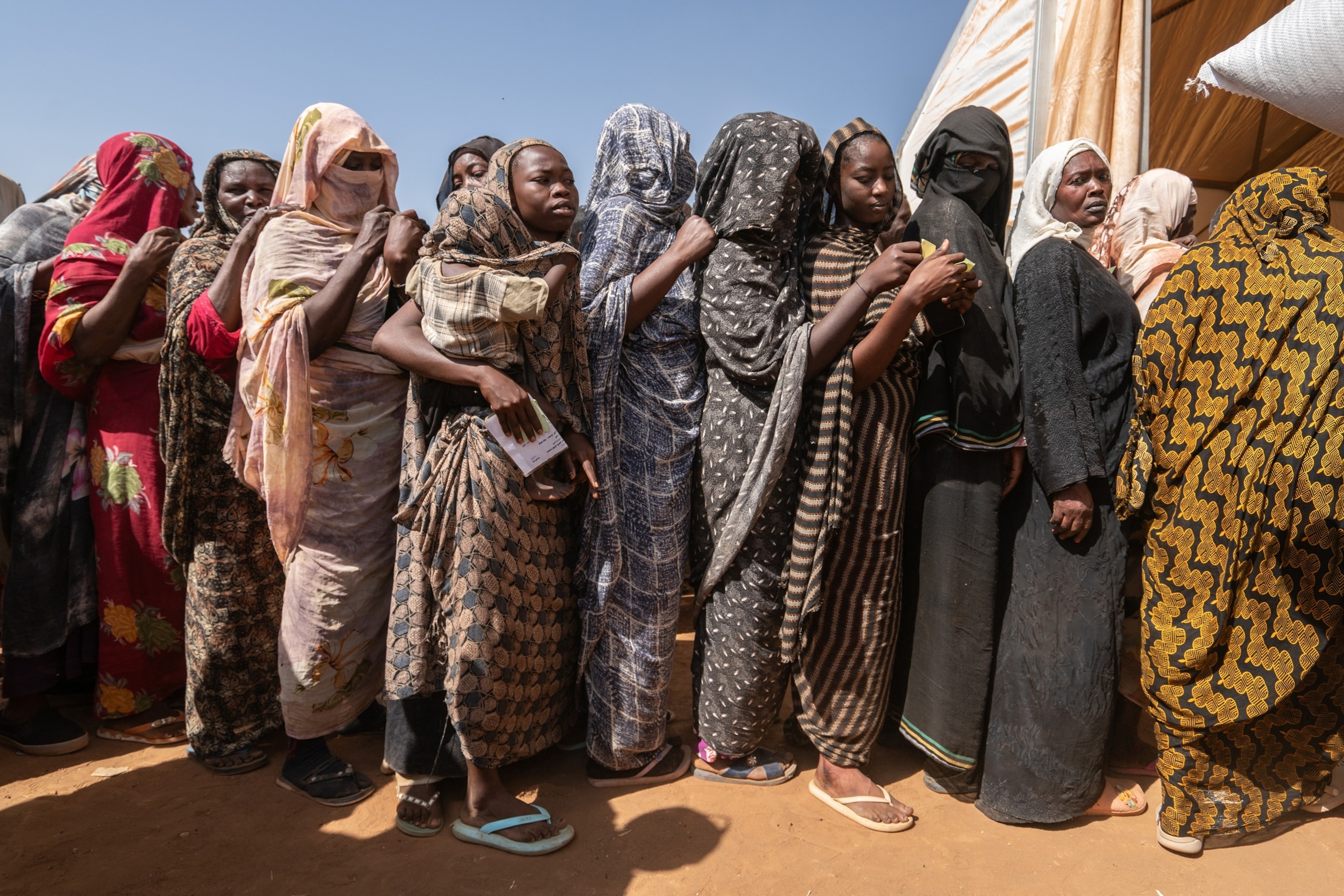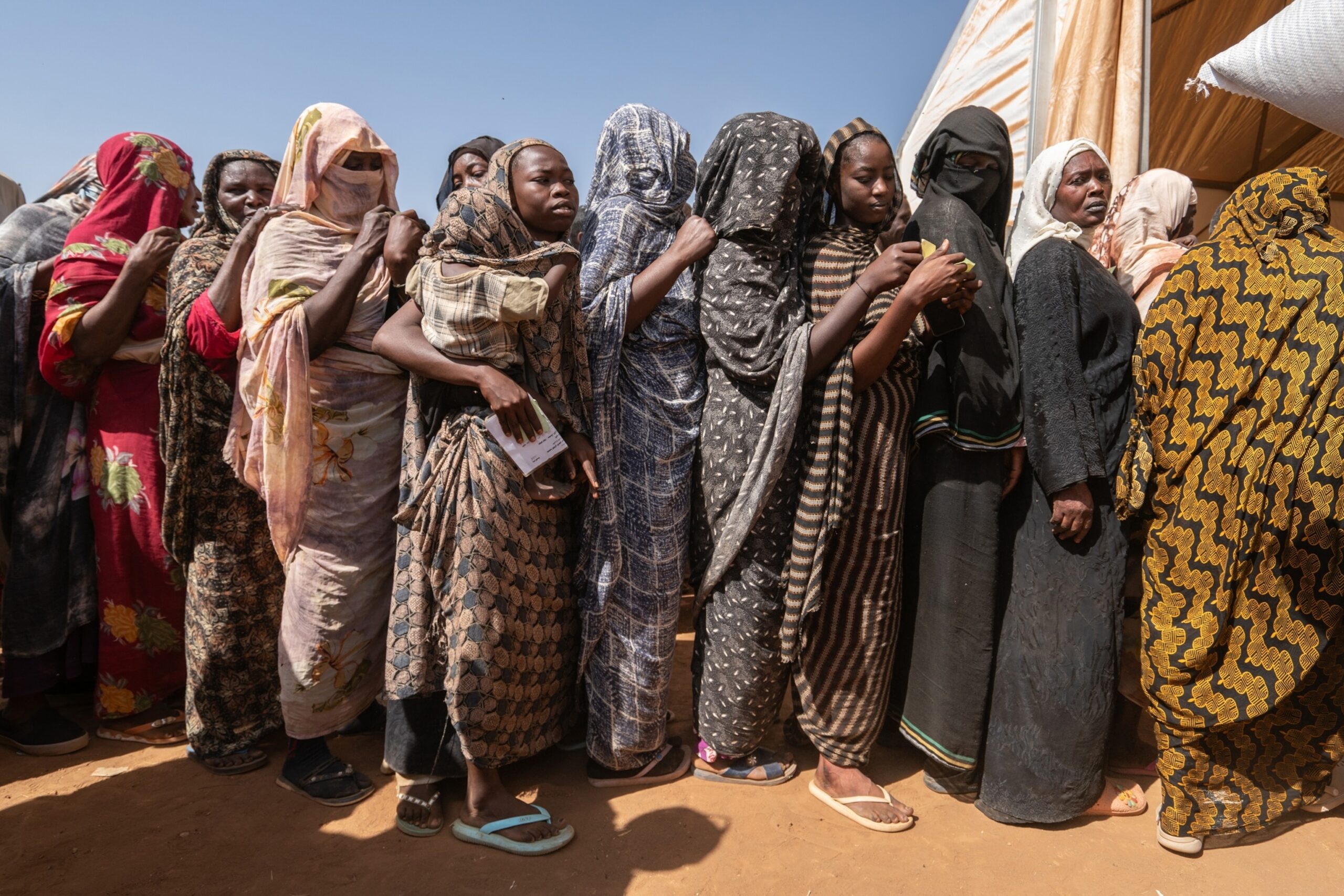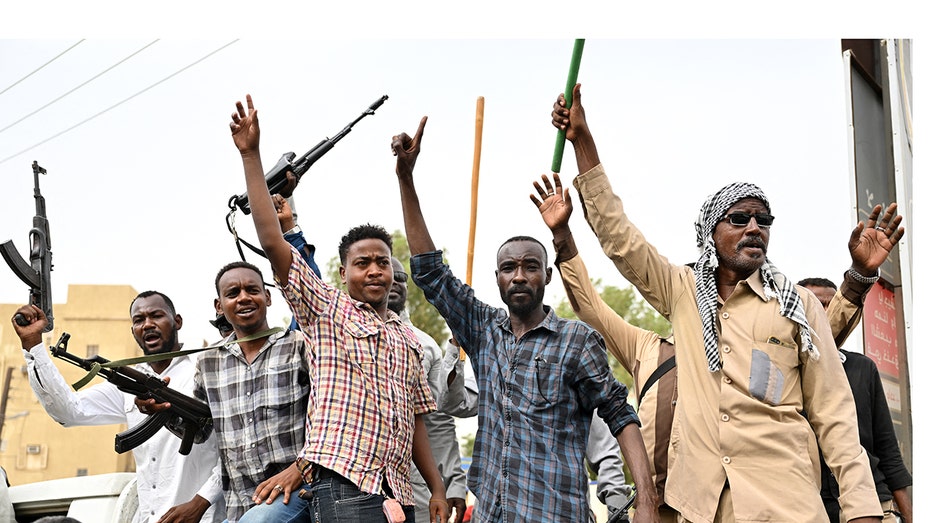
Trump’s Peace Efforts in Sudan: A Push for Resolution
By [Author Name]
Introduction
President Donald Trump’s administration is intensifying its global efforts to promote peace, particularly in Sudan, which has been embroiled in a brutal 30-month conflict marked by widespread casualties and displacement. As the Trump administration ramps up diplomatic initiatives, the U.S. aims to foster dialogue and mitigate violence in the region, underscoring the importance of involving key stakeholders in the peace process.
Heightened Diplomatic Engagement
A spokesperson from the State Department emphasized that ending wars is a top priority for President Trump. This commitment is reflected in the administration’s focus on engaging with critical actors in Sudan to de-escalate ongoing violence. The current hostilities involve two main factions: the Rapid Support Forces (RSF), led by General Muhammad Hamdan Dagalo Musa, and the Sudan Armed Forces (SAF), under the leadership of General Abdel Fattah al-Burhan.
Shifts in Peace Talks
Under the previous Biden administration, efforts to broker peace between the RSF and SAF were largely stagnant. However, recent developments suggest a renewed momentum. The establishment of an international Quad comprising Egypt, Saudi Arabia, and the United Arab Emirates reflects a strategic move to bolster U.S. peace initiatives in the region.
Recent Developments
Peace negotiations have intensified, with key figures such as Massad Boulos, a senior advisor for Arab and African Affairs at the White House, actively engaging with stakeholders in Cairo and the Arab League. Boulos has provided updates on U.S. efforts aimed at discontinuing the hostilities and delivering humanitarian support to those affected by the conflict.
Mixed Reactions to U.S. Involvement
Despite ongoing clashes between the RSF and SAF, Sudan’s Defense Minister has acknowledged the U.S. initiatives and expressed appreciation for the involvement, even as he reaffirmed the readiness of Sudanese forces to continue fighting. The White House Press Secretary reiterated America’s commitment to achieving a peaceful resolution and stressed collaborative efforts with international partners.
Escalating Violence and Humanitarian Crisis
The recent capture of El-Fasher by RSF troops has heightened concerns and catalyzed renewed diplomatic efforts. Analysts are sounding alarms about the risks of partitioning if RSF solidifies its control over Darfur. United Nations Secretary-General Antonio Guterres has called for an immediate ceasefire, highlighting the severe escalation and humanitarian toll of the conflict. Millions are facing acute food insecurity, with reports of famine emerging from critical locations like El-Fasher and Kadugli.
International Observations and Humanitarian Needs
A recent report from the Yale School of Public Health, supported by satellite imagery, has suggested that the RSF may be engaging in mass atrocities. As the urgency of the situation escalates, U.S.-led negotiations are centered on establishing a three-month humanitarian truce, progressing towards a permanent ceasefire and a transition to a civilian-led government.
Conclusion: Implications for Regional Stability
The situation in Sudan is critical, with potential repercussions extending beyond its borders. As the U.S. navigates complex geopolitical dynamics, the outcome of these peace efforts will have profound implications for regional stability and American influence in Africa. The coming weeks and months will determine whether these diplomatic interventions can pave the way for lasting peace in a country ravaged by war.

















